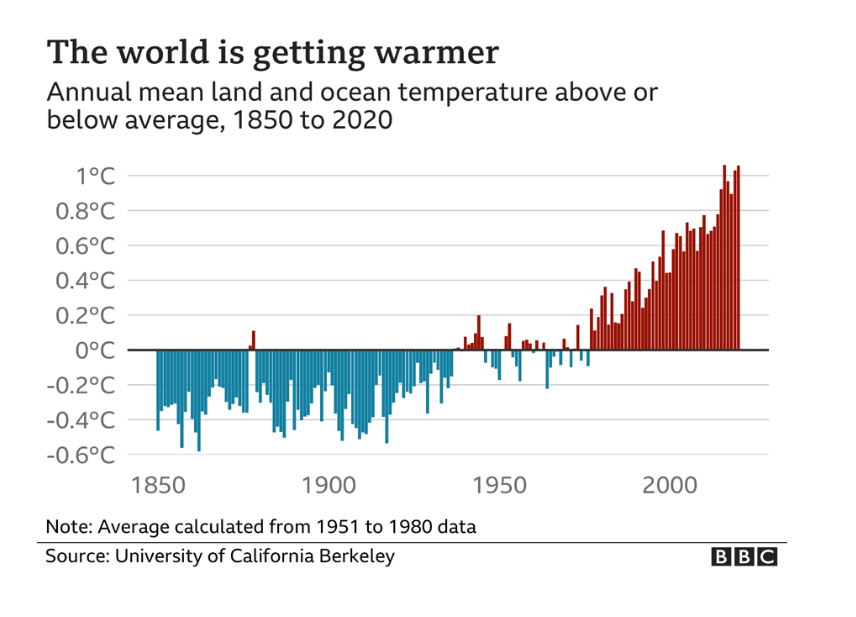Climate action is one of the 17 Sustainable Development Goals (SDGs) identified by the United Nations as crucial for global development. The term climate action is often used in the debate over global warming (see chart), but there’s more to it than that: there are many other climatic changes that should worry us, including droughts, floods and typhoons. Some forecasts show that there is a danger of Bangkok disappearing under water from rising sea levels by 2050, and that would be one consequence of climate change. Renewable energy makes a major contribution to climate action.

The trend towards using solar energy on buildings has already started, and in Thailand, solar energy is an abundant resource. Residential and commercial buildings can use up to 40% of all energy used, so the impact of decarbonizing energy used for buildings is crucial. Using solar energy doesn’t mean ignoring other ways to fight climate change. The United Nations Environment Programme produces a list of 10 ways in which ordinary citizens can fight it, such as reducing the amount of energy used, reducing air travel, using heat-pumps or increasing use of plant-based diets. But renewable energy can make a big contribution.
In the context of climate action, the essential benefit of renewable energy is that it cuts greenhouse gas emissions, particularly carbon dioxide, by replacing fossil fuels (such as coal, gas, and oil) that are heavy on emissions and also pollute the atmosphere in other ways. The UN has estimated that the world needs to reduce CO2 emissions by half over the next decade if further global warming is to be stopped.
The focus on renewable energy leads to economic benefits to users of solar. As the interest in phasing out fossil fuels grows and climate action grows in society, particularly among the young, organisations have sprung up to issue renewable energy certificates (RECs), issued to companies which produce solar energy. These RECs are tradable (i.e., have direct monetary value).





